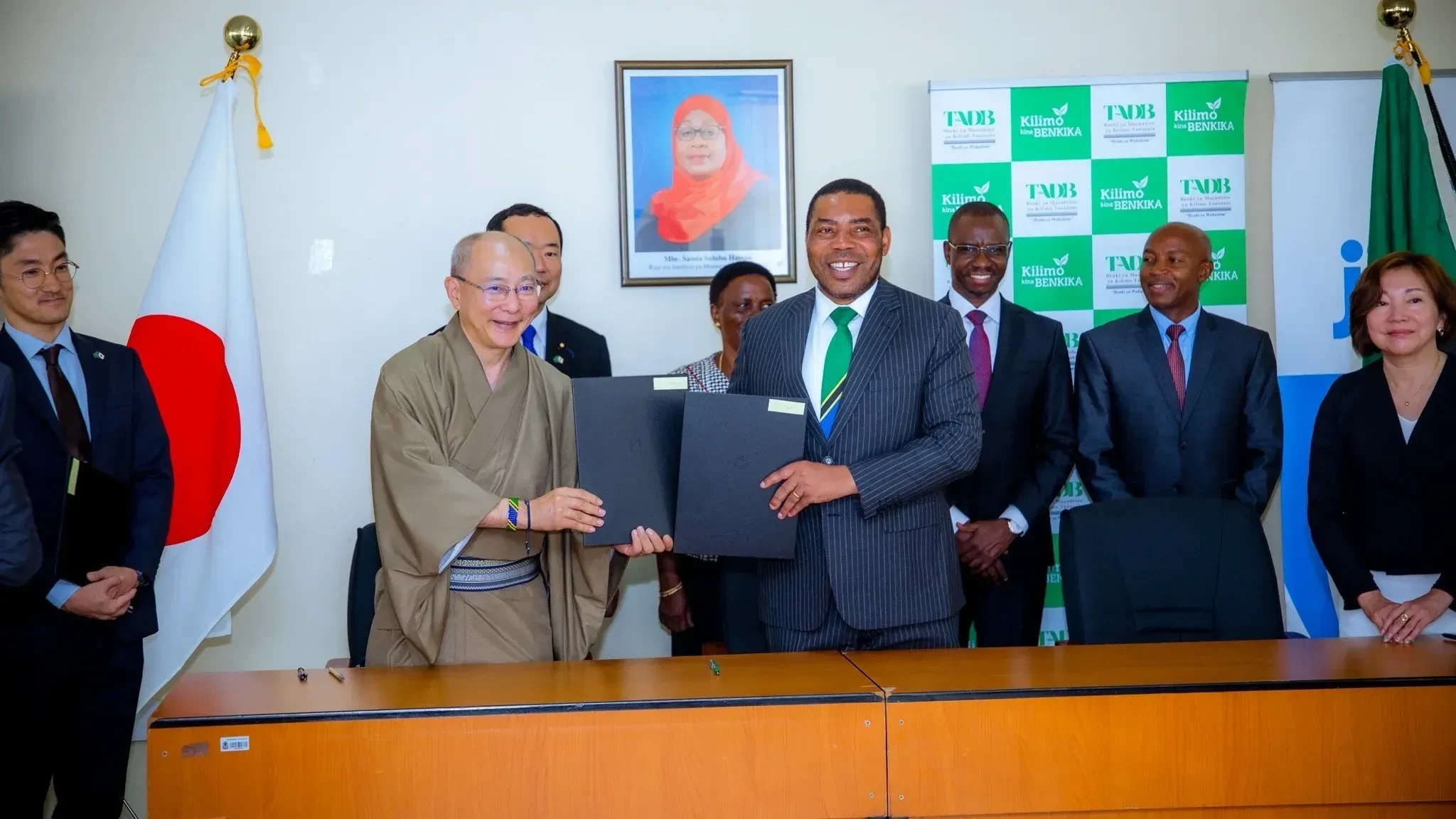TIC 1.2trn/- tripartite Mkulazi sugar, soybean, corn pact can change things

THE Tanzania Investment Centre’s recent signing of agreements to lease 30,000 hectares of Mkulazi farms in Morogoro Region to three companies for sugar, soybeans and yellow maize may seem ordinary, but it could be a game changer.
It is an investment pegged at 1.2 trillion/- in total preliminary value, going by no lesser an Authority than the agency’s own executive director, who signed the pact accompanied by two cabinet ministers and a deputy minister.
The director was quoted as having described the pact as the first fully agro-sector multi-million-dollar accord in history, evidently resulting from presidential opening up efforts and visitations.
While the TIC chief executive said that the agreements stood as the first major agro-sector investment accords since independence, the more accurate citation was that they are first in the country’s period of economic reform.
That goes back nearly 40 years ago, a period during which insufficient reform has hindered major agro-sector investments especially targeting the export market.
There were developments in the past few years that prepared the way for a pact of this sort, including Indian investments in avocado farms and general uplift in horticulture.
What many ‘outsiders’ did not know is that the implementation of the Mkulazi sugar industry plan could be widened into a far more complex agricultural sector ‘special economic zone’, even as it involves just a few companies.
What the TIC top executive did not say was that the accord mirrors what was in the far-off past tabled in negotiations about a ‘new international economic order’ but which hit a concrete wall of defiance.
It was a suggestion by US President Ronald Reagan back in October 1981 telling President Nyerere that, when the circumstances got right, he could send just four farmers who could feed Tanzania using combine harvesters.
It is said that the summit in the Mexican resort of Cancun, where five or six leaders from poor and middle-ranking developing countries met directly with the conservative US president, was the only such conference in post-war global diplomacy.
The Reagan proposal was rejected off hand as fears about a small number of US farmers capturing our country’s economy by taking up swathes of land and urban economy (grain supplies in shops) depending on them, put many public officials off mood just to talk about it.
The new pact is something close to what the US leader suggested, and it means that we now have the mood to discuss it.
The TIC head saw the companies making a large investment in the cultivation of sugarcane for sugar production along with soybeans and yellow corn basically for export, with each firm having been allocated 10,000 hectares.
This largely mirrors the circumstances the US leader had in mind, if its fuller potential is exploited, and it primarily relates to domestic market implications.
Contrary to current plans in signing on the three firms to agricultural sector export and import reduction interest, the issue is how it can help our country towards what is classically known as an industrial revolution.
There was a citation from President Nyerere discounting an industrial revolution and tying economic vision to agro-sector transformation, which in the strict sense is to yield one’s will to the inevitability of poverty.
Top Headlines
© 2025 IPPMEDIA.COM. ALL RIGHTS RESERVED

















